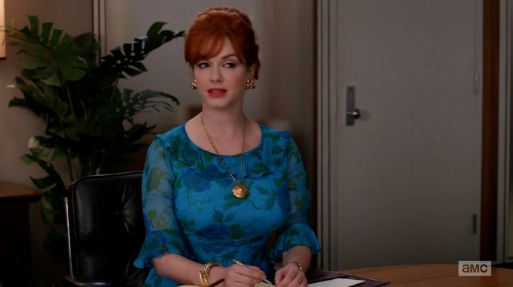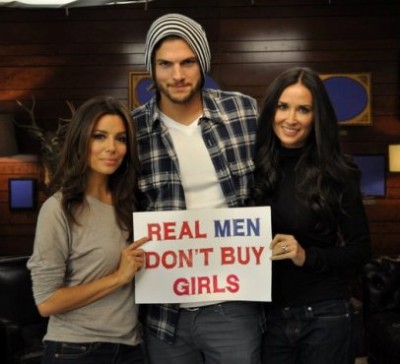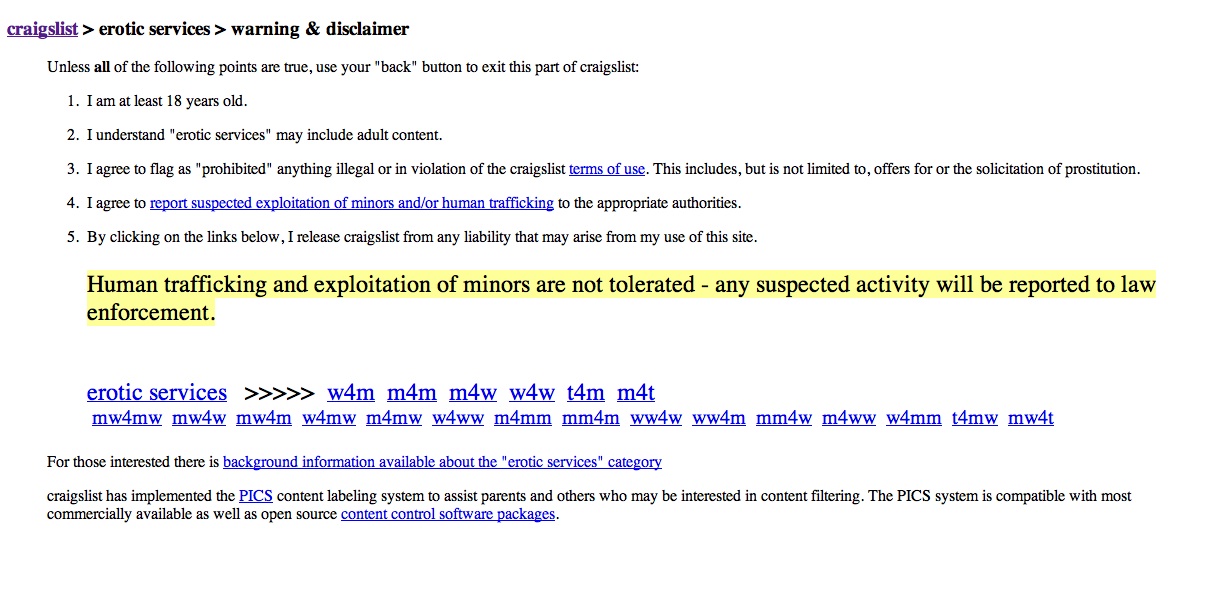
I’ve been watching MadMen since its inception. Yes, I see the show as a way of having discourse about current issues within the safety of a period drama set now in 1968. I’ve felt that the show could be more interesting in examining social issues, which it does do, but I just find its treatment of them to be uneven.
I sometimes take issue with the cultural narrative that it may be creating, which brings us to last Sunday’s episode of Mad Men (S06E04). Last season, Joan’s character slept with a client she wasn’t attracted to and parlayed that into a 5% partnership stake at the SCDP ad agency. Quid pro quo. I felt that this pandered to the “Oh no she didn’t” school of writing that was vaguely misogynistic in its portrayal, despite the idea that the show was set in 1968. One read is that her maneuver shows her self-empowerment. She’s using the tools at her disposal within an organizational and sociocultural context to get ahead as a single mom. On this week’s episode, Joan fires Harry’s (Head of Television) secretary for having someone else punch her time card. Joan is portrayed as a dictatorial bitch and it’s hard to be sympathetic to her situation, even if one believes she is totally in the right. Harry goes ballistic, as her actions make him feel unempowered (arguably emasculated) and he makes a spectacle of calling Joan out for her actions by interrupting a board meeting. Oh, he adds the slut-shaming zinger directed at Joan:
“I’m sorry my accomplishments happened in broad daylight and I can’t be given the same rewards.”
Harry’s invective had the impact of de-legitimizing her status in the company and labeling her as a whore. Not only calling into question her ethics, it also casts doubt on her abilities. While the means by which Joan became partner may provide for some shock and awe value, i.e., Joan selling her body to get ahead, couldn’t this be a parable depicting a 1967 version of leaning in? Now, let me make it clear that I get that there is the difference between women being a part of generic “lean in” circles and Sheryl Sandberg’s Lean In™ machinery, involving a book, a movement (with only stories with positive endings, please), and a backlash.
The idea of “leaning in” is innocuous enough: women need to lean in at the workplace in order to advance, embrace ambition and in a sense “do what it takes” to succeed despite challenges in balancing career, family, relationships, etc. There is a certain pragmatics to this that speaks to addressing the issue of women getting paid 77¢ on the male dollar.
Tracie Egan Morrissey’s Jezebel recap of the episode leans in that direction, quite explicitly. Morrissey doesn’t have an issue with Joan’s rise to the top and remarks how Joan indeed has the chops to do her job. The narrative of the show supports the idea that she is qualified. Her techniques may be brusque and could be construed as “bitchy”, but incompetent she isn’t. (Effective is another matter, but I’ll leave that for another day.)
Tracie Egan Morrissey notes how the latter is embracing a lean in type of attitude, in that Joan realizes she has the admiration and respect of other women and delegates responsibilities in order to gain more respect of her male counterparts. Morrissey acknowledges that Joan prostituted herself, but that’s OK because she has the skills. My take was that Morrissey felt that Joan did indeed prostitute herself, but that she earned being partner based on her accomplishments. So, it’s not sex work, but sex for work in a situation where the sex is opening a door that would never be opened to her. Yet, Harry’s slut shaming reminded the Board and the audience that Joan engaged in “prostitution”.
Unfortunately, Joan’s story arc is one of several prostitution references in the show (i.e., flashbacks to Don Draper’s childhood growing up in a brothel, Don’s comparison of Megan’s acting with love scenes to prostitution). I suppose what rubs me the wrong way with Morrissey’s recap is how Joan’s “prostitution” is somehow pragmatic and lean in-like, yet, prostitution and sex work are still a point of derision:
“Speaking of worth and transactional sex, I thought that having Sylvia (the neighbor Don is having an affair with) use a penny as the secret code for Don was genius. It works on so many levels! It helps illustrate that Don is nothing but a cheap whore, the ultimate irony after trying to insinuate that Megan is a prostitute because she gets paid to perform love scenes on her soap. (Also, I think that Don, who’s been “acting” for most of his adult life, believes that if you’re good at pretending, then you’re a bad person. So he views Megan’s career as some kind of moral failure. Even more irony.)”
Moreover, there’s more than a nod to the normative here:
Also the idiom: a bad penny always turns up, meaning that a worthless person always comes back to the place he started. For Don, who was raised in a brothel, that’s loveless sex.
Morrissey’s take on the episode highlighted what I see to be a huge problem in the current discourse space. Within the spectre of pragmatics like lean in, sex work can have its place, but only if it fits a certain narrative? I say this, as it still can be used to marginalize or otherwise put down others. I don’t think it matters that Don Draper is depicted as a white male with power. It’s pretty transparent that he’s being leveled by Morrissey who calls him a “cheap whore” and states he’s motivated by “loveless sex”. Feminists casting aspersions like this on sex work only serve to further create divisions by reinforcing judgments and social normatives. Hannah Betts in The Guardian warns that feminism should be mindful of hating prostitutes. Betts notes a prevailing notion that money for sex is fine, as long as its legitimized:
Marriage continues to be considered to veil sex with respectability, whatever its financial motivations. Nobody campaigns against the career courtesans who are Belgravia bankers’ wives, or the footballers’ consorts of Cheshire. The message: sex for money is fine – just put a ring on it before you put out.
Morrissey’s “lean in” stance is similar in that Joan’s use of her body is legitimate, but the tomcatting Don Draper is reduced morally by being equated to a “cheap whore” raised in a brothel—where “loveless sex” occurs, an act with no legitimacy. Is this just semantics? Should I just lighten up, it’s just a TV show, after all? Doesn’t Morrissey really mean that Don is a phoney, cheat, and a lout, but “cheap whore” simply has a succinct and terse economy of phrasing? Well, I think language does indeed matter and the use of such slut shaming terminologies with historical baggage in describing behaviors, real or fictional, matters.
Moreover, I think that Morrissey uses a too-literal transactional definition of sex work as sex-for-money, as opposed a more nuanced sociological one. Melissa Gira Grant in another Guardian article from 2011 defines sex work in more nuanced terms:
What sex workers are actually selling is our ability to make our customers think they are getting what they want, and we try to sell that with as little strain on our time and our bodies as possible. You wouldn’t be able to tell this from sex trade ads because it would be incredibly bad marketing, but it’s the illusion around which sex work turns.
The creation of value through experiences people want may sound like so much marketing mumbo jumbo, but I think it’s not only the foundation of marketing, but many everyday social actions. We present ourselves to others in everyday life, in a Goffman sense, in our daily social interactions. So, sex work cannot be simply reduced to sex for money, it’s fostering an illusion, but if we really think about it, perhaps this is a more general concept applicable to the labor market. This isn’t to say that illusions are devoid of value or are trickery. Here, I’m implying that there is a performative that is used as the basis for exchange value. Sex work, like many social interactions are—dramaturgical.
Lean in as a generic concept is about a gendered performative in the workplace, which is fine. I think it probably fails as a one-size-fits-all overarching metanarrative, as the experiences of women in the Judith Butlerian intersection of race, class, and gender blasts apart the idea that there can be a singular lean in. Perhaps additionally problematic for feminism are other metanarratives, such as a normative orthodoxy on sex work that may not hold true as a sociological phenomenon, again, at the intersections of race, class, and gender. Nevertheless, I think social movements as a whole can learn from a better understanding various micronarratives and care should be taken not to use language to marginalize those who may be outside of the dominant paradigm.
There’s a certain irony that MadMen allows an examination of contemporary themes through a safer lens of the wayback machine of period television, but it’s interesting how we can’t seem to escape the historical burden of our sociocultural neuroses about sex.




